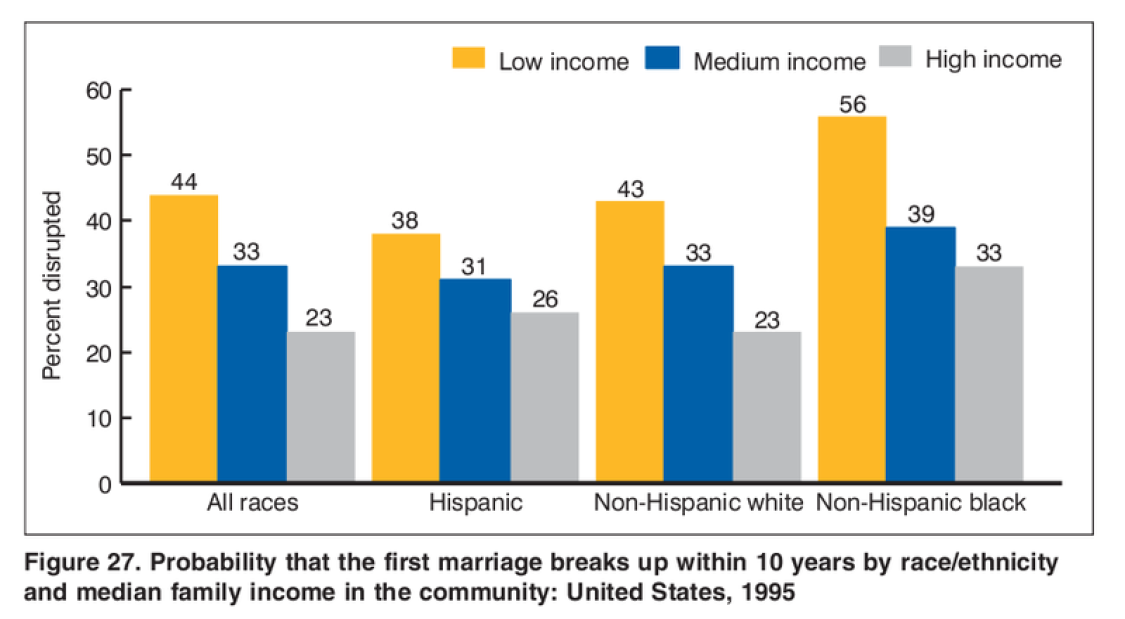Activists have been pushing hard to transform marriage. I’m not talking about the ones lobbying legislators recently. I’m talking about the activists that have been transforming marriage for at least 60 years.
The story of Icarus is seldom taught these days. The story is a warning against hubris. It is a cautionary tale that applies any time we cast ancient institutions aside, because not all changes are improvements. We do well to understand what we have before we indulge our hubris, by tinkering with it.
Advocates say that extending marriage to same-sex couples will have no effect on the institution of marriage itself. Marriage will still be marriage, it will just have a larger pool of participants. Not true. Traditional marriage is under attack. It is wounded, but still essential. Allowing same-sex couples to “participate” will not strengthen marriage, but further damage it, and separate it from its purpose. However, without purpose, institutions cannot stand. Whether they intend it or not, the activists pushing to change marriage are pushing to end it.
Throughout the generations of human history, marriage was primarily a means of binding men to the children they conceived. The bridegroom promised to take responsibility for the children born of the union. The bride promised total fidelity, so as to ensure that the children were really his. This arrangement was not viewed as a “benefit”. It was a duty owed to one’s ancestors and descendants. Marriage meant “settling down”, with its attendant loss of freedom. The law buttressed the marriage contract, holding the partners to account. Marriage as a “benefit” is an entirely new idea, and peripheral to the institution.
The sexual revolution has changed the time-honored equation. As “the pill” separated sexual activity from childbearing, the necessity of making that “marriage promise” before engaging in sexual activity evaporated. The old morality began to seem arbitrary and cruel. Why should young couples suffer shame and guilt over indiscretions that had no practical consequences? Why should divorce be condemned? Soon, shame and guilt were seen as enemies to be eradicated, rather than guardians of an essential moral order. Seeing an opening, social revolutionaries worked hard to remove the stigma from extramarital sex, homosexual sex included. They may not have realized that they were engineering the destruction of marriage itself. If marriage is not a requirement, and single parenthood not intolerable, why tie men to their children at all? Why should two adults lock themselves into a life-long obligation “for the sake of the children” when the stigma of parenthood without marriage is largely gone? Without the respect and support given to those who make the sacrifices necessary for marriage, enthusiasm withers. Why buy the cow when you can get the milk for free?
In popular culture, marriage is no longer viewed as an essential practical institution ensuring the well being and financial security of children. The focus of marriage has shifted. Marriage is now centered on the wants and needs of adults, with children being an “option”, chosen if desired, like cup-holders on your new car. The social stigma of sexual activity outside marriage is largely gone. Those who attach a moral dimension to sexuality are often considered judgmental prudes.
For good or ill, single motherhood is now common, and transient fatherhood accepted. If a small voice cries out that children also need fathers, it is ignored in the rush to make sure no parent should feel ashamed, and no “family” deemed inadequate. Same-sex marriage is not the cause of this travesty, but it will further separate marriage from its purpose and further subjugate the needs of children to the needs of adults. Studies will be found to “prove” that two mothers, or two fathers, are “just as good” as a father and a mother, but it defies logic to think that shifting the focus from childrens’ needs to adults desires will benefit children. The new, enlightened, understanding that “all families are equal” means that a family is whatever we choose to make it. Children of the future will be raised in increasingly fluid arrangements as the adults in their lives pursue the right to “love whom they choose”, while claiming all the while that their children are their top priority.
Marriage is an old institution, and one worthy of a fight to save. It is focused on future generations, not on us. It is focused on the welfare of children, not our adult desires. It is generous and sacrificial, not selfish and demanding. Marriage is not a big wedding or a package of benefitts.
We have plenty of institutions devoted to adult desires and current fashion. Let’s not sacrifice marriage and all it represents to the activists who want it ended.


